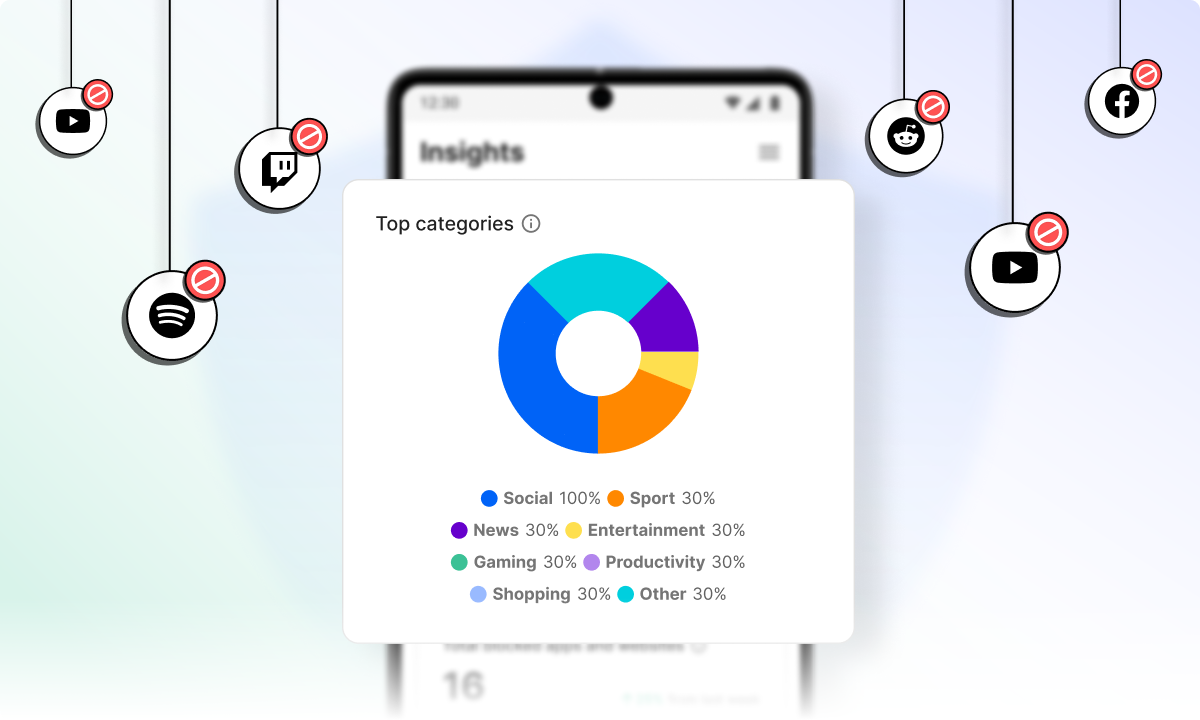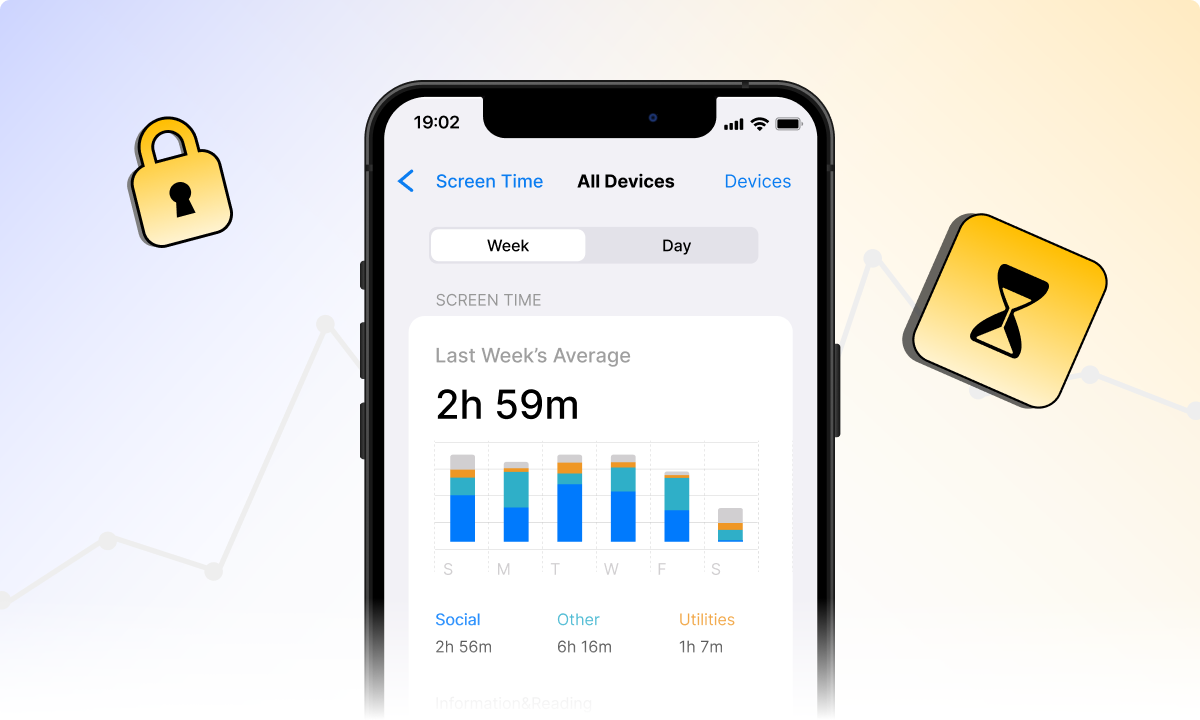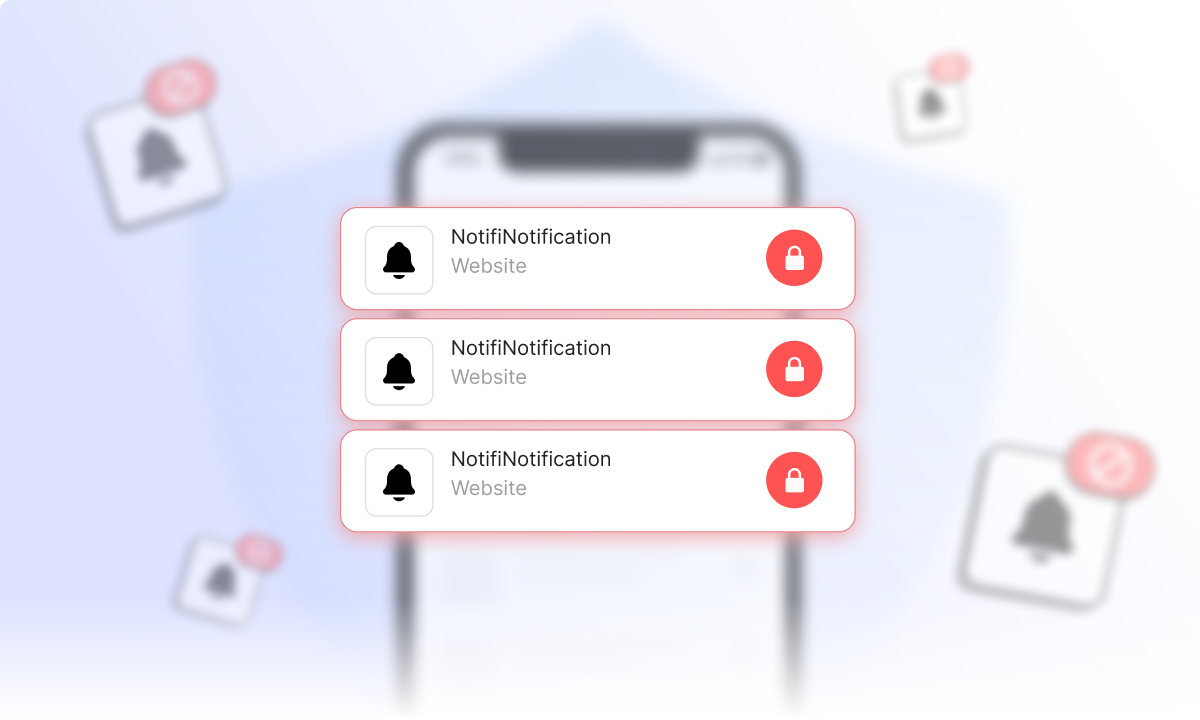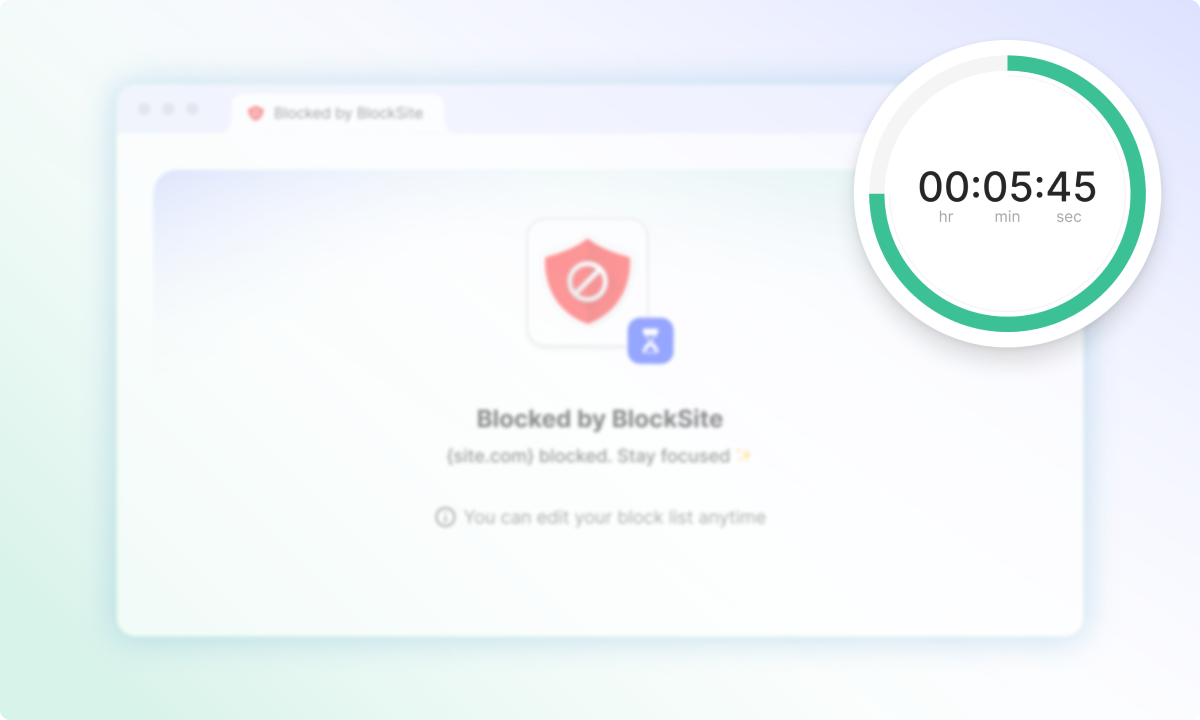Suppose you’re a student who wants to score an ‘A,’ or an employee striving to hit your sales targets. Why do you want to achieve your own goals? This question takes us to the incentive theory of motivation. This theory is a psychological concept about the way our behavior is motivated by the expectation of external rewards.
Incentive motivation speaks not only to students and employees but to their goals as well. Rather than just serving as motivational tools for achieving professional benchmarks, incentives help redefine and reshape personal life goals. Consider the student motivated to achieve academic success and the employee who strives to meet sales goals.
What is the incentive theory of motivation?
According to the incentive theory of motivation, behavior is driven by rewards and punishments. This theory contrasts with the idea of performance that is driven by internal reasons, or what we call intrinsic motivation – you do something because it’s fun, or you think it is good. American psychologist B. F. Skinner, an important advocate of the incentive theory, focuses on operant conditioning, where the behavior is maintained by its consequences. Every time you do something, money or a pat on the back or a gold star makes you want to do it again.
Unlike intrinsic factors, external rewards bring a concrete sense of accomplishment; they engage motivation in just about every sphere of life. Adopting this theory helps to make sense of how extrinsic factors consistently influence or drive human behavior, and focus efforts on achieving the set standards.
How the incentive theory works
It is built on the principle that people can be induced to do things that have rewarding outcomes and can be discouraged from doing things with adverse consequences. It’s a cost-benefit construction. People weigh the possible gains against the expenditure of effort. If incentives are specific and achievable, they are far more likely to actually induce the desired behavior.
This method helps to simplify setting goals and improving productivity – from educational institutions to workplaces. Applying examples of motivational incentives in the real world also supports the theory’s effectiveness. When rewards are aligned with aims, incentives are catalysts; individuals go beyond the effort they might have otherwise put forth.
For example, using BlockSite, which allows users to block distracting websites, can improve focus and time management by making it easier to achieve task-based goals without the availability of unnecessary digital distractions.
It even has a Focus Mode feature where you can set the time for your focus session or work interval and receive a notification to let you know when it’s time to pause and take a break. Create a list of sites that you want to block so you don’t get derailed in the middle of a focus session.
Common types of incentives
Understanding the diverse types of incentives can help you better motivate yourself or others. Types of incentives can be grouped into several categories based on what they do.
Positive
Positive incentives are rewards for good behavior. Examples include bonuses, accolades, and awards. They serve as a way to motivate people to do better at their jobs because they expect to be recognized and rewarded for it. This method of motivation creates a habit loop where the desired behavior is continuously reinforced.
Negative
Examples of negative incentives would be the threat of a fine, or demotion from a job, or the fear of getting into trouble. Negative incentives discourage undesirable behavior by means of punishment, threats, penalties, or fear of its consequences. Negative incentives are deterrence-focused. They emphasize the cost of non-compliance or of failure.
Work & career
- Increased compensation: Higher salaries, bonuses, and welfare are driving forces for employees which can lead to better performance and dedication to the company. These financial rewards for employees come in immediate and tangible form, which can be a direct reward for higher output.
- Recognition: This kind of public acknowledgment contributes to a culture of excellence and inspires others to contribute continuously rather than just for the sake of recognition. Outstanding efforts should be acknowledged to ensure that recipients feel truly appreciated.
- Job security: Such promises – hinting at performance reviews and constructive feedback – can build employee trust and commitment. When they think their performance will have a direct impact on whether they keep their jobs, employees will work harder.
- Promotion opportunities: Promotion prompts an employee to aim for better performance and further develop his/her competence in the hope of career advancement. While promotion frequently comes with heavier obligations and enhanced status, the prospects for future growth add multiple dimensions to it.
Health & personal
- Fitness goals: Rewards for hitting exercise targets can push toward more healthy behaviors by encouraging people to lead more active lives. Gym memberships, vacation time or flexible hours are all good incentives to stay or become healthier.
- Proper nutrition: Incentives to change eating patterns can help people develop healthier eating habits, which can pay off in the long run in terms of improving health. Employee wellness programs often include meal vouchers or discounts at health food outlets as part of the incentive.
- Personal growth: Rewards that encourage skill acquisition, or completion of an educational program, will prompt people to continue pursuing learning and improvement throughout their lives. This could include scholarships, free learning materials, or mentoring sessions with a career counselor.
Benefits of the incentive theory
Using rewards to influence behavior has many benefits when done right. Listed below is an outline with the top benefits:
Better performance
A study by Nectar showed that 77.9% of employees feel that they could work more effectively if they were rewarded more regularly. If working with a reward, employees and students can accomplish their goals more successfully and achieve an optimum level of efficiency. Rewards guide attention and effort to accomplish goals.
Simplifies goal setting
Well-defined incentives make goal-setting easier to do, and goal-achieving easier to sustain. The promise of rewards defines the steps toward reaching a larger goal and thus makes that goal more appealing.
Increased engagement and satisfaction
Rewards increase involvement and sense of accomplishment leading to more motivated and happy employees. Enthusiastic participation encourages innovation and dedication that often leads to increased growth.
Behavioral reinforcement
Rewarding positive behaviors makes them more likely to be repeated. These practices are reinforced as they become habitual, leading to predictable, sustained efforts. As incentives become embedded in our daily routines, they transform our character
Challenges of the Incentive Theory
While it’s very appealing and can be helpful as a general rule of thumb, the incentive motivation theory faces a number of serious challenges:
Oversimplification
In the process of reducing motivation to rewards and punishments, we might be missing more substantial intrinsic motivators such as satisfaction and passion. Just like an antiseptic disinfectant weakens a child’s immune system, incentives might also be too one-dimensional to address deep motivational roots. Perhaps we need a broader approach to getting things done.
Short-term focus
When only current rewards are highlighted, the importance of long-term goals and opportunities for growth gets overshadowed. Opting for instant gratification can hinder sustainable progress, in turn, leading to lower overall success.
Decreased motivation
If you over-rely on external rewards, you could undermine the intrinsic pleasure of the task, thereby reducing your motivation to keep at it. The excessive use of incentives could lead to dependency and potentially dull the inner drives.
Cultural values and social norms
It might not capture the impact of cultural values and social norms, both of which can powerfully affect motivation. A one-size-fits-all approach might result in mismatched incentives and render the theory less effective when applied across various contexts.
How to use incentive motivation
You can apply this theory so as to achieve your goals, but doing so requires taking the following steps to integrate it into your life and career:
Identify the things that motivate you
Awareness of what motivates you – whether money, prestige or personal fulfillment – is the first step to using incentives to your advantage. Look back at past experiences and find out which incentives have rewarded you before.
Determine which incentives align with your goals
Match up your drivers with the right motivational incentives. The person looking for financial security should look for the right financial incentives. The person looking for professional growth should look for opportunities for skill development. In this way, incentives will align with your personal or professional goals and provide a clear pathway to achieve them.
Plan & visualize
Visualize your rewards and milestones – plan your dreams. Use it to picture the reward of achieving your goals. Then, brainstorm how to make it happen. What are all the steps you need to reach each milestone? Try to map them all out, from the short term to the long term. Then, whenever you get a chance, visualize the positive results of achieving each milestone.
Set a reward system
Set up an incremental reward scheme that escalates as you would expect the effort to follow. That way you maintain momentum and get concrete pay-offs for reaching particular goals. Reward yourself with a little something for completing daily tasks, but make the more significant rewards more significant too.
Stay consistent
Remain consistent with your effort and the rewards that you bestow upon yourself when you reach your smaller targets. This way, your effort will maintain itself consistently over time. Stay focused on your progress and modify the reward program as required in order to maintain your motivation aligned with your goals.
Use the incentive engine to your advantage
The incentive theory of motivation gives us a pragmatic framework for understanding and manipulating human behavior. Armed with a clear appreciation for the power of external rewards and penalties and with BlockSite, you can then optimize the organization of your life to attain your desired objectives.
Whether you’re a student seeking better grades or an employee looking to move up the career ladder, understanding the incentive motivation model can provide a significant leg up. It’s never too late to start implementing the incentive theory of motivation in your life today.
FAQs
What is an example of a positive incentive?
An incentive that is positive is one that involves a reward for a desired behavior. Examples include a bonus payment given to employees for achieving the company’s sales targets, or a good grade given to students for academic excellence.
How do negative incentives work?
These so-called negative incentives seek to discourage undesirable actions by means of punishment; think of fines for rule violations or demotion at work for poor performance.
How can incentivization improve workplace productivity?
Incentivization boosts staff morale and motivation, resulting in better performance. Performance-related rewards stimulate initiative so employees can make every effort to meet or even exceed their targets.
What are some motivational incentives examples for health?
Health incentives could be for getting exercise on a regular basis, eating healthy foods and achieving certain fitness levels.
How do you identify effective incentives?
Good incentives tap personal values and motivations. Self-reflection and understanding one’s own motivations can serve as important guides to good incentives.






